If you’re a pet lover and have a feral cat colony in your neighborhood, worrying about them is natural. Do these felines have enough food? Are they too hot or too cold? It’s tempting to step in and take over their care.
But should you care for your neighborhood feral cat colony? While that’s a personal decision, it’s one that should not be undertaken lightly. Providing care for a feral cat colony is a big commitment of both time and money and if you aren’t careful, you could experience a lot of heartbreak. Often the best way to help a feral cat colony is to help arrange a Trap-Neuter-Return (TNR) and vaccination program for the colony. Feeding unneutered cats will only increase the number of kittens born, and the size of the colony.
Caring for a feral cat colony has benefits, but it is equally important to carefully consider the cons. Here’s why undertaking the care of your neighborhood feral cat colony may not always be the best idea.

Cons of Caring for a Feral Cat Colony
As much as you want to care for those homeless kitties, you should know what you’re getting into before you do so. Caring for a feral cat colony can have a lot of cons.
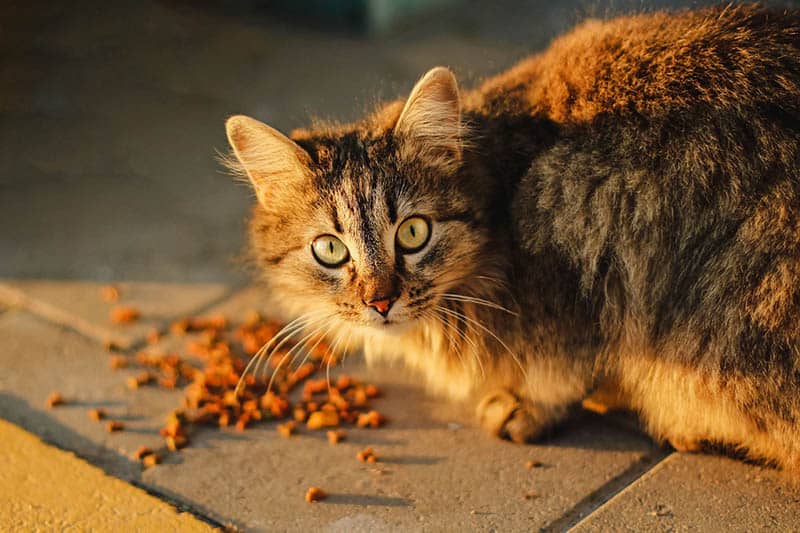
1. You May Not Be Helping
If you start caring for a feral cat colony but aren’t part of a Trap- Neuter-Return (TNR) program, you may not be helping as much as you think. Without TNR, the cats you’re caring for will multiply, and the cat colony will only grow. The larger it is, the more unsustainable it is for you to care for all the felines in it.
If you’re going to care for a feral cat colony, make use of a TNR program. If you don’t have one in your area and don’t want to see the cat colony grow any larger, you will be responsible for getting all those cats fixed, which could be expensive.
2. A Huge Responsibility
Taking care of a feral cat colony is a huge responsibility, and it might be more responsibility than you can manage. The moment you feed all those feral kitties will be when they become dependent on you. They will come to depend on you for regular meals and shelter if you provide that. So, what happens if the colony continues to grow, and you need to buy more and more food or offer more shelter but can’t afford it? What happens to the cats if you move away from your neighborhood?
A feral cat colony requires consistent care, and if you end up not having the time or money to invest in the colony after you already started caring for it, no one is better off.
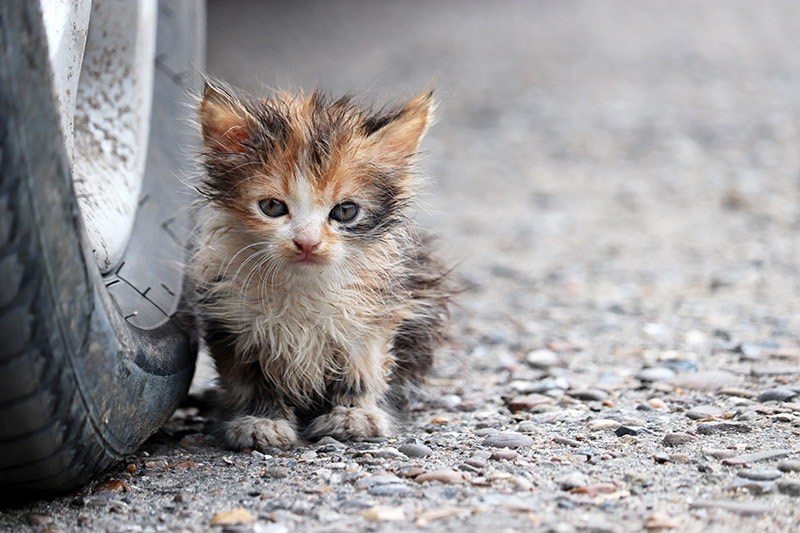
3. The Colony May Grow
Remember when, long ago, people used to hop trains and travel from town to town? They’d leave markings somewhere in a town to let the next person coming through know who you could get a meal from and where to avoid. Felines are kind of the same way. Once you start feeding and caring for a feral cat colony, the word will spread, and more and more kitties will show up and become dependent on you. If you aren’t careful, the size of a cat colony could get out of hand.
4. Wildlife and Ecosystem Damage
How will having all those felines around affect local wildlife and the ecosystem? Depending on the number of cats, they could end up doing a lot of damage. Cats can overhunt wildlife or spread disease to nearby animals. They can also damage birds’ nests or injure animals living peacefully nearby. Overall, a cat colony can severely damage the local ecosystem and wildlife, which is something to seriously think about.
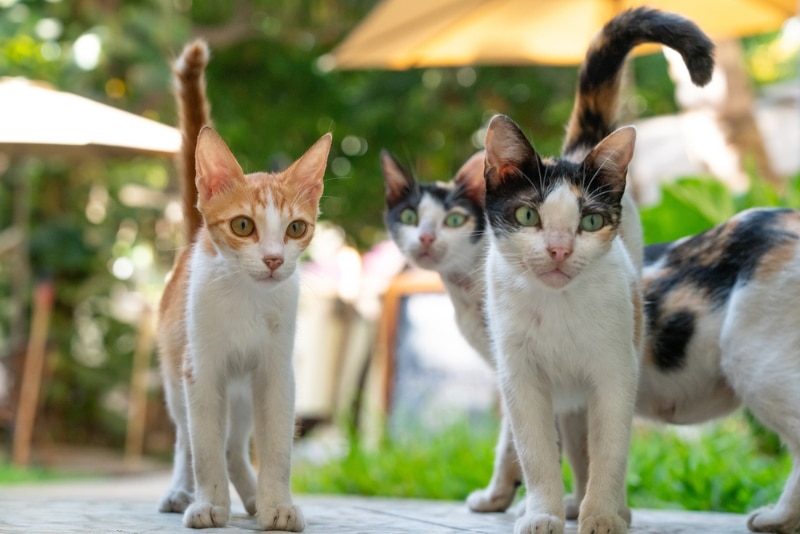
5. Your Neighbors’ Reaction
You may have the kindest neighbors in the world, but that doesn’t necessarily mean they’ll be down with having a roaming cat colony around. The food you leave out for feral cats could attract flies and other bugs, as well as other wildlife like rodents, raccoons and skunks . Plus, these cats might get into fights with domestic cats and even small dogs. It’s also important to consider public health risks from zoonotic diseases such as rabies and toxoplasmosis, especially if the cats are not part of a TNR and vaccination program.
6. Possible Heartbreak Ahead
There’s no two ways about it; taking care of a feral cat colony can lead to a lot of heartbreak, especially if not done properly. Cats will come and go, and some may die, so if you get attached, you’ll be heartbroken whenever you lose one. Sometimes, the continued care of a feral cat colony just isn’t sustainable, which means you’re setting yourself up for pain.
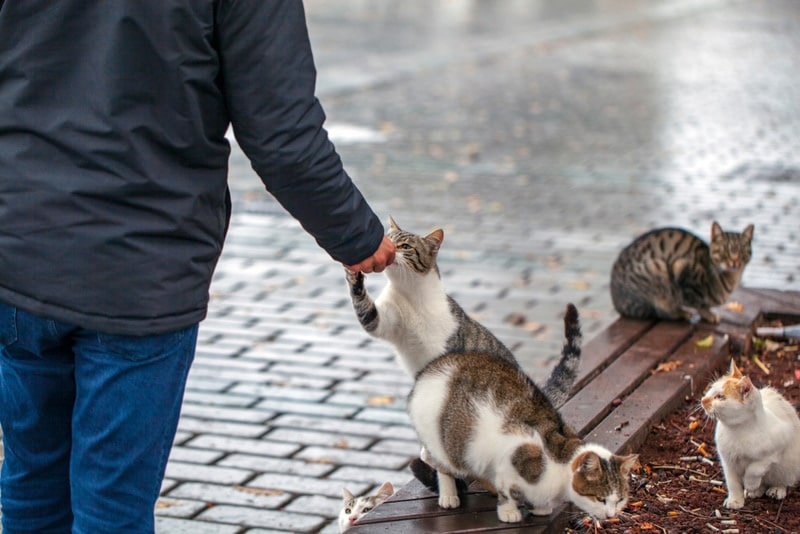
Pros of Caring for a Feral Cat Colony
Of course there are benefits to caring for feral cats, both for the cats themselves and the caregiver. Healthy feral cats may be very resourceful and able to find adequate food but they still might need extra help in the winter or in hot summers. Providing water and shelters can prevent suffering in extreme weather conditions.
1. Rodent Control
Let’s face it. With a bunch of cats hanging around, any rodent problems the neighborhood might have will likely be cleared up. That’s definitely a bonus of having a feral cat colony around!
2. Rewarding
The feeling you get when you do something to help others, whether animal or person, can be highly rewarding. So, caring for feral cats can definitely give you that sense of accomplishment and of doing good. Plus, feeding and caring for a cat colony may help the cats coexist with their human neighbors more peacefully, which can also be rewarding.

Final Thoughts
It’s tempting to go scoop up all the kitties in a feral cat colony so you can care for them, but it might not be the wisest idea. Caring for a feral cat colony takes a ton of work and isn’t for the faint of heart. It’s a huge responsibility that requires plenty of time and money, and in some situations you may end up doing more harm than good. If you want to help a feral cat colony in your area, reach out to your local shelter or veterinarian for advice and support. Trap-Neuter-Return programs can improve the lives of feral cats and decrease the size of colonies over time.
See Also:
- Can a Feral Cat Be Domesticated? Vet-Reviewed Facts & Considerations
- What Is a Feral Cat Colony? Important Facts, How to Help & More
Featured Image Credit: Piqsels
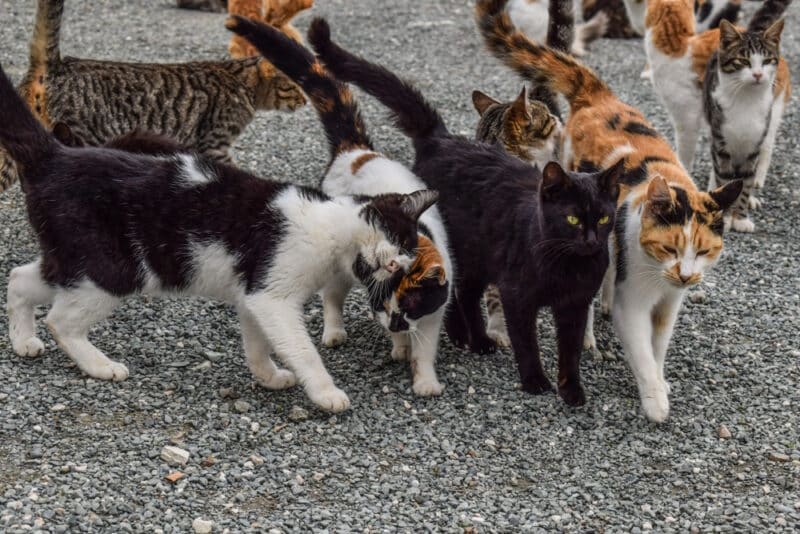

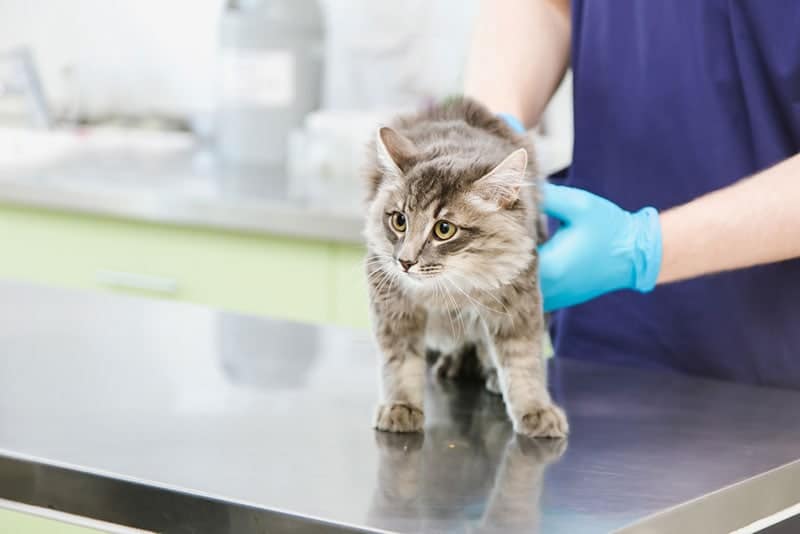

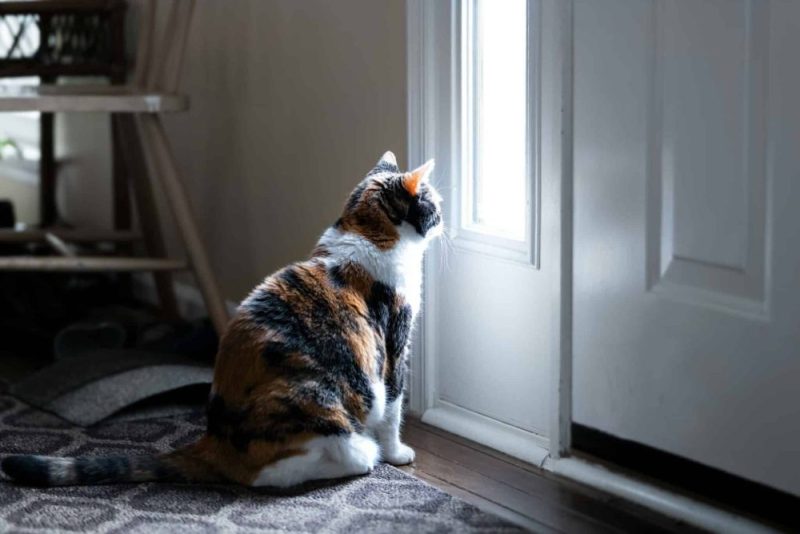
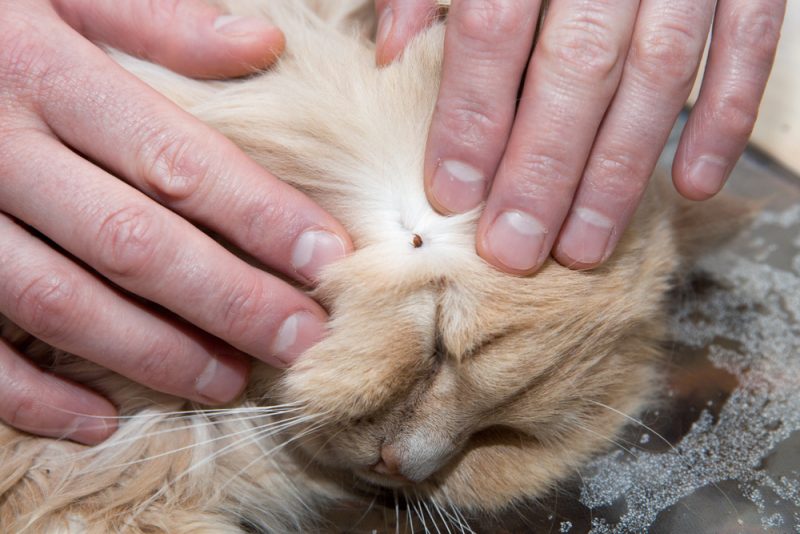


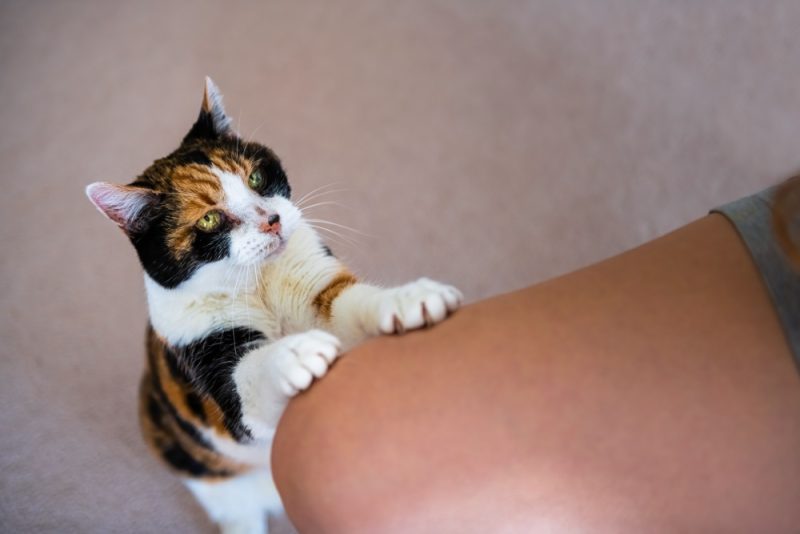

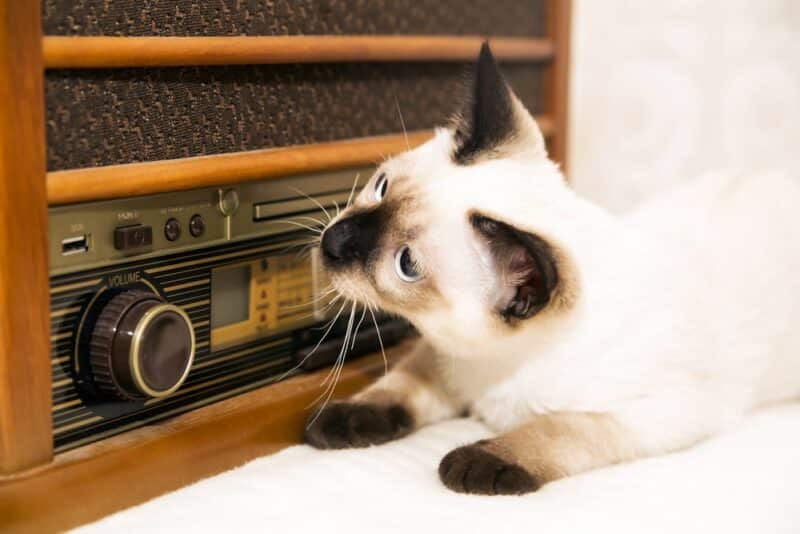
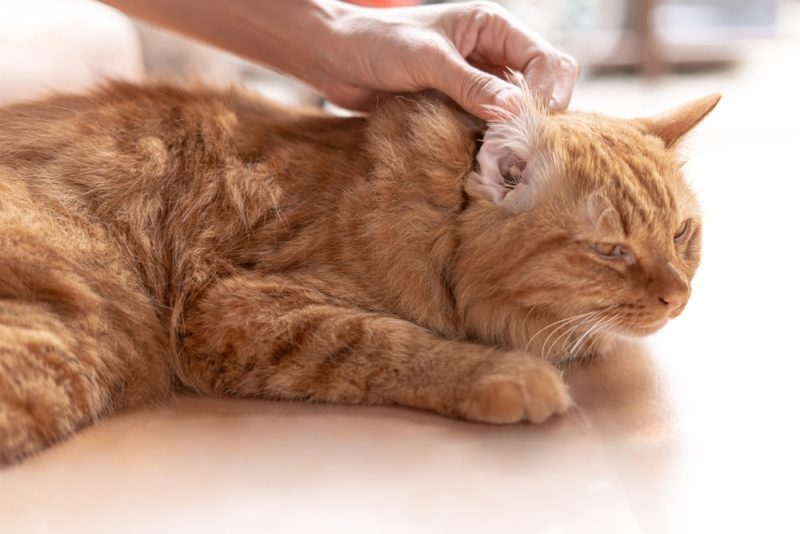

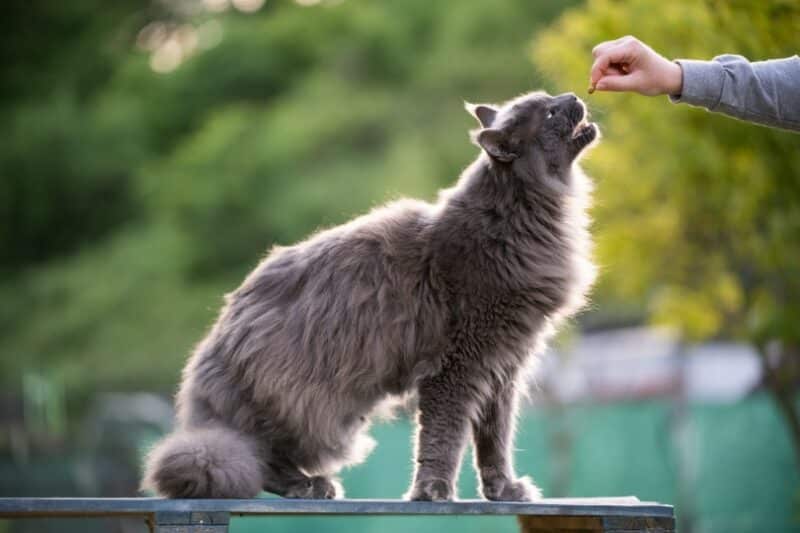
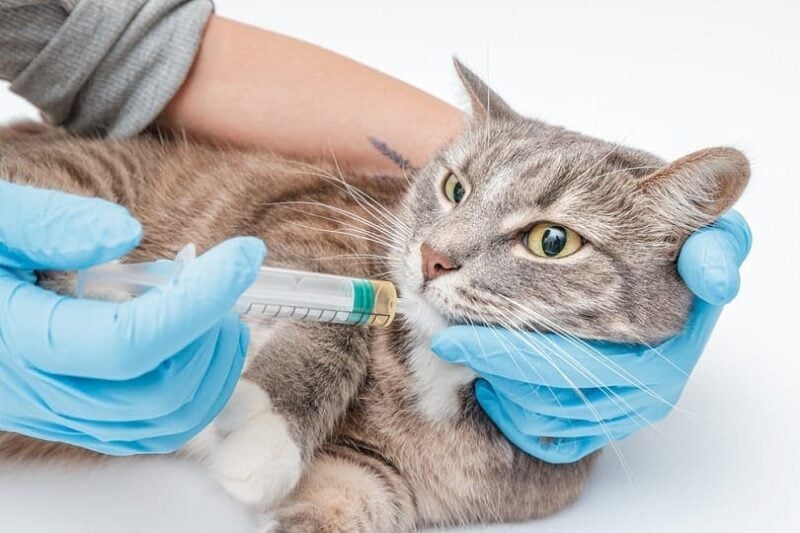
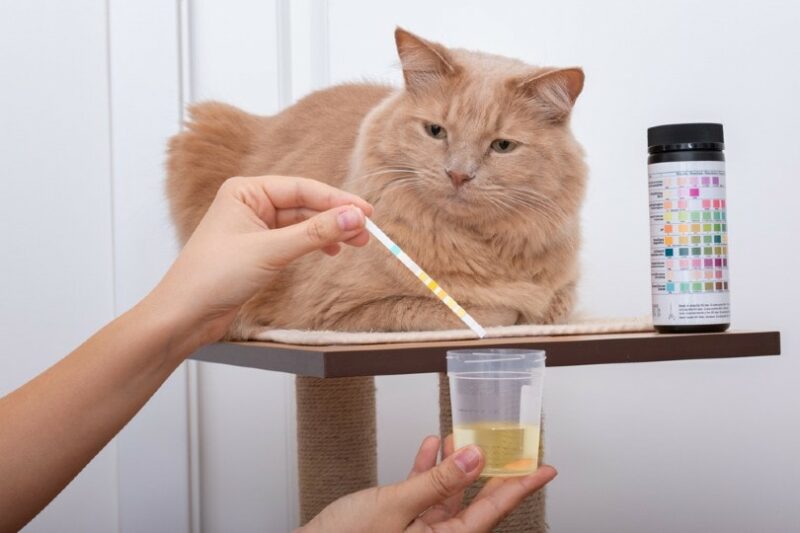
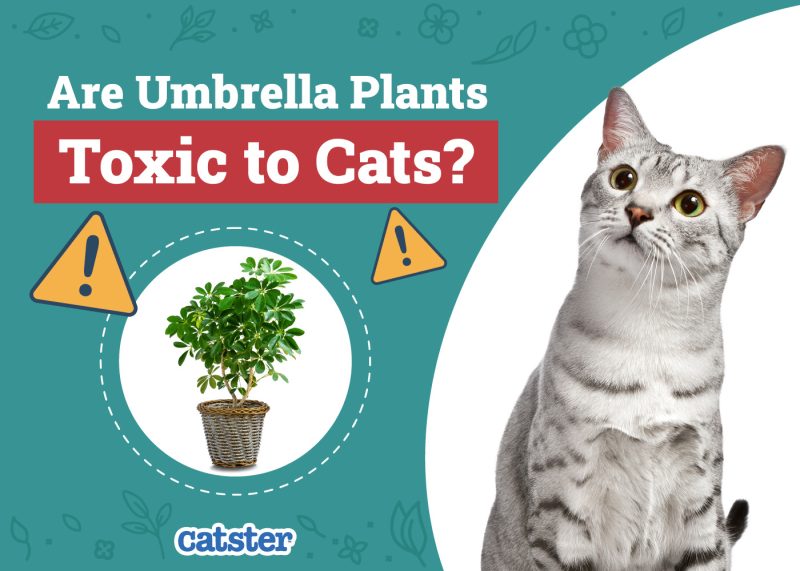
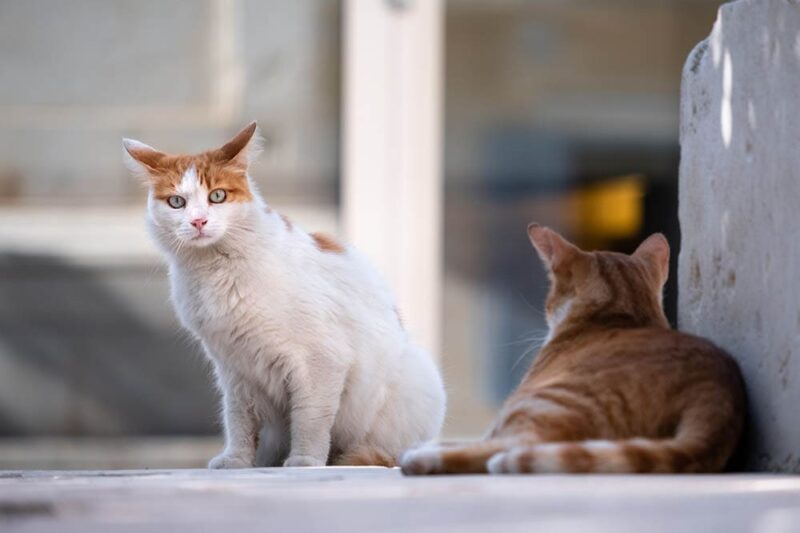

2 Responses
Back in June of 2023 there was a young mom cat and her three kittens under the d.eck of the garage apartment I was renting. After the mom was through nursing them, I tried to find rescue groups for the three kitties, with no such luck. Houston is swarming with homeless dogs and cats. I had been living in my apartment for three years. I found a great cat trapper and he helped me trap and have all four cats fixed immediately after mom was through nursing. Well, fast-forward, four years later, and a year and a half of taking care of these cats, then two more cats showed up. Now I have six. They were somewhat domesticated with me. I got a cat door and let them come in my stairway during bad weather. I worried that it wouldn't last forever. And it didn't.
Well, my landlord sold the house a month ago and I had to move out. I found a place for them right next door but behind the townhomes. The owner of the one townhome left me a note and said to take my cat houses and the cats off his property. I am so distressed. There is nowhere else to feed or care for them. I know a lot of these neighbors don't appreciate these cats hanging around their homes. I can't feed six cats on the sidewalk. These cats depend on me. I either have to sneak around early in the morning or just pray for the best for them and never go back down that street. I am sick about this. I have become attached. There's not anything I can do. I feel helpless.
Gina
Gina,
Your compassion and dedication to these cats are truly inspiring, and we understand how heartbreaking it must feel to face such a difficult situation after all you’ve done for them. You’ve not only given them safety and comfort but also ensured they wouldn’t contribute to the cycle of homelessness by getting them spayed and neutered. It’s natural to feel attached and distressed, especially knowing they depend on you, and your emotions reflect the deep love and care you’ve shown them.
While this feels overwhelming, you’re not without options. Have you contacted the following?
https://bestfriends.org/houston
https://houstonpetset.org
https://www.houstonpetsalive.org
https://www.houstonhumane.org
https://houstonspca.org
https://friends4life.org
Reaching out to local community groups or animal welfare networks in Houston could connect you with people who might be willing to help. Not sure if you have already tried groups in platforms like Facebook or Nextdoor, as well as TNR organizations, which often have compassionate individuals who can offer resources or ideas. Relocating them to a safer space, such as a rural property or a farm, could also be explored with the help of local rescue groups. Also, please remember to be kind to yourself, your efforts have made a profound difference in these cats’ lives, and that love will always matter. Best wishes and we hope this helps.